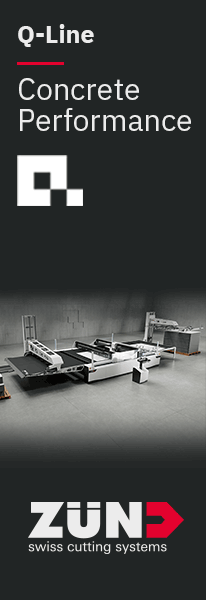“While countries of all sizes struggle to balance the overriding public health priorities with the devastating economic impact of lockdown measures, there are a number of clear areas of impact for the UK paper and packaging industries and consequently for the recycling and waste management infrastructure that supports them,” says Jim Malone, a Recycling and Resource Management Specialist.
“While the dramatic and significant disruption to normal business and commercial activity has diluted demand for paper based packaging, it has been tempered by a surge in two areas, namely traditional supermarket retail and online shopping.
“With the first, the early impact of UK consumer stockpiling placed huge pressures on the retail supply chain with analysts and commentators suggesting it was like a prolonged Christmas on speed! Most supermarkets have increased staff numbers to cope with the higher throughput and support for increased home delivery services. While the initial stockpiling surge has abated, the shift from ‘eating out’ to more ‘at home cooking’ in lockdown has meant the major retailers continue to see increased sales. For corrugated packaging in particular, this has increased demand for FMCG boxes which has helped to offset the reduction in demand from industries such as automotive and other manufacturing sectors, and has helped to keep mill order books busier than might have been anticipated. Tissue paper manufacturers have also enjoyed a significant uplift in sales of ‘at home’ tissue and hygiene products and have ramped production and conversion to meet demand.
“Secondly, with U.K. plc predominantly working from home and in lockdown there has also been a significant uplift in online ordering, again reinforcing demand for both primary and transit corrugated packaging through the major online sellers. With Amazon UK reportedly increasing the number of staff at its UK warehouses and asking existing staff to increase the number of hours and shifts worked, it is clear that the reality for now is that traded volumes are increasing as lockdown Britain shops online, whatever individual opinion may be about the rights and wrongs of ordering ‘non-essential’ items.
“While some commentators are predicting potential short term fibre supply problems for busy paper mills, the major mill groups themselves tend to be stressing that OCC supplies and stocks are more than sufficient to meet demand, especially as export routes for available paper fibre continue to be restricted due to ongoing disruptions to shipping container availability and dips in normal export recycled fibre trade flows.
“While it will take time for the UK, European and Global economies to work through the economic impacts of the Covid-19 pandemic, an area of short to medium term risk relates to the evident disruption to recycling and waste management collections. A concern is growing that lower grade Mixed Paper supplies are coming under pressure as some waste management companies and local authorities are struggling to maintain coverage of household recycling collections. While many paper recycling and waste companies reinforce their genuine ‘Key Sector’ status by working hard to maintain domestic, retail and commercial industrial collections, it is clear that in some areas the industry is facing real challenges in maintaining segregated recyclate collections. This inevitably means that there will a significant loss of important recycled paper fibre to both landfill and incineration. It has to be hoped that this is only short term and that post crisis the UK recycling and waste management industry will be able to reinstate all ‘paused’ recycling services. To do otherwise would undermine years of effort to build robust segregated collection systems. While it may be decided, as a society, that some Covid-19 changes to how work and business is conducted should be retained, any adverse impact on segregated recycling collections must be reversed in order to restore the historic progress made in increasing recycling rates.
“Finally, these troubled times have been an opportunity for paper packaging companies to underline their key role in the food and medicines supply chain. The clear benefits of using corrugated containers to reach out to the most vulnerable members of society, with food parcels and home delivery care packages, should be remembered.
“Overall, industry Associations such as CEPI, BIR and the UK’s Recycling Association should be commended for their lobbying efforts to highlight and navigate the adverse economic and logistical impacts of Covid-19 on the recycling infrastructure. When the dust settles in a post crisis world, and industry and manufacturing starts to ramp up, the paper, corrugated packaging and recycling champions will return – I believe, stronger and as always enthusiastically underpinning the economic recovery and the environmental benefits of a circular economy,” he concludes.
Jim Malone can be contacted at [email protected]



